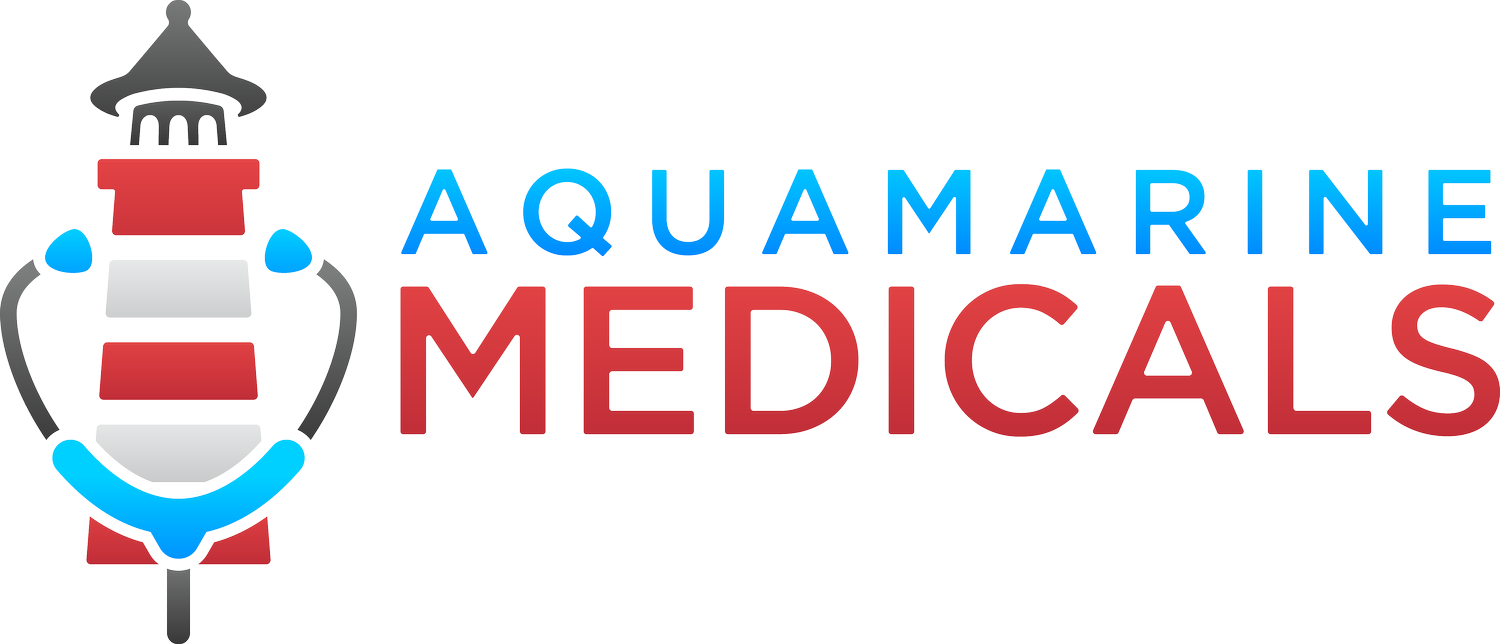A love letter to Plymouth Sound
Georgie Bull
Thank you to Georgie Bull for coming to see Aquamarine Medicals for her HSE Diving Medical and writing this blog for us. Georgie is the British and Irish Underwater Photography Champion 2020 and is currently doing a degree in Marine Biology and Coastal Ecology at Plymouth University.
It’s no secret that conditions along the British Isles are highly variable and megafauna sightings are few and far between. But if you ask someone why they enjoy diving on the South Coast, they’ll often detail the beauty and diversity of life found here. Yet the idea that UK waters are somewhat devoid of life persists amongst those uninitiated to its glory.
Since starting my degree at the University of Plymouth, I’ve been lucky enough to explore a range of underwater habitats around Dorset, Devon, and Cornwall. I’ve fallen in love with the colours, the characters, and escapism of local diving. In part this is because I am a marine biologist and enjoy observing marine life in situ, but a large part of my enjoyment comes from taking pictures of what I see and sharing them with others.
My idea of a perfect dive is in the shallows with a camera in hand; I enjoy the freedom of my computer displaying unlimited bottom time and the natural light available for photography. Plymouth is blessed with an outstanding range of shallow water habitats ranging from seagrass beds to rocky reefs forested with kelp (that’s not to say the deeper communities of soft corals and sea urchins should be overlooked!).
But I think the real beauty of Plymouth Sound lies within the thriving research and conservation efforts relating to the habitats and species found on its doorstep. If you were to dive in Cawsand Bay and explore the seagrass beds buzzing with fish, nudibranchs and crabs, you might stumble across a trial advanced mooring system or the replanting efforts by the Ocean Conservation Trust.
Similarly, if you were to take a bimble over the rocky reefs at Wembury, you might encounter an enthusiastic staff member from the Marine Centre conducting a rocky shore survey, or local author and marine biologist, Paul Naylor. No matter where or how you find inspiration from the marine environment, you can be certain there are other locals who share your passion and will encourage you follow your interests.
The marriage of creative and scientific endeavours to conserve our marine environment and the presence of such gorgeous seascapes in The Sound offers students invaluable opportunities to not only explore the water for themselves but engage with new ways to protect them.
For me, these opportunities manifested in the form of developing my diving skills through the HSE ProSCUBA course with The University and later working with the Marine Biological Association aboard RV Sepia during my placement year. Now, I am dedicating my spare time to improving my underwater imagery skills and working on a range of outreach projects to inspire others to feel the same adoration for the sea as I do. I can’t be sure where my commercial diving work or degree will take me, but I will be forever grateful to the glorious local diving, encouragement, and world-class teaching in Plymouth.








